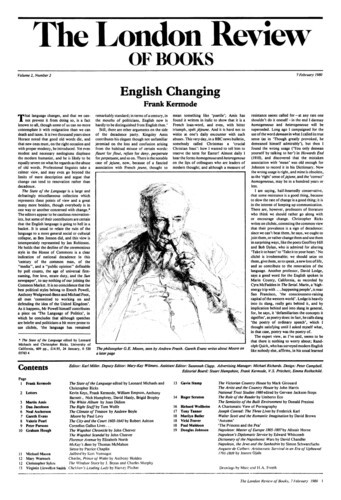A Philosopher’s Character
Gareth Evans, 7 February 1980
Moore was one of the outstanding British philosophers of this century. He lived a rather uneventful life, almost entirely in a university setting: as Paul Levy writes rather wistfully in the introduction to his book, ‘he slew no dragons and rescued no maidens; he did not even have the adventures life allotted to other philosophers like Russell, who went to jail, or Wittgenstein, who went to war.’ The main outlines of his public life are well-known, and Levy’s assiduous research reveals few surprises about his private life. Though Moore married rather late in life, and formed close friendships with men before that time, he was not a homosexual, and his marriage and family life seem to have been very happy. Nevertheless, he is not an unpromising subject for study. He was a remarkable man who impressed almost everyone he met with his honesty, his devotion to truth and clarity, and his innocence. He was right at the centre of the philosophical world for a long and exciting period and he knew a good many of the main participants – in particular, he had fairly close, if troubled, relations with both Russell and Wittgenstein. As a member of the Apostles, he came to know several people who were later to be famous in the Bloomsbury group and who regarded themselves as his disciples.

